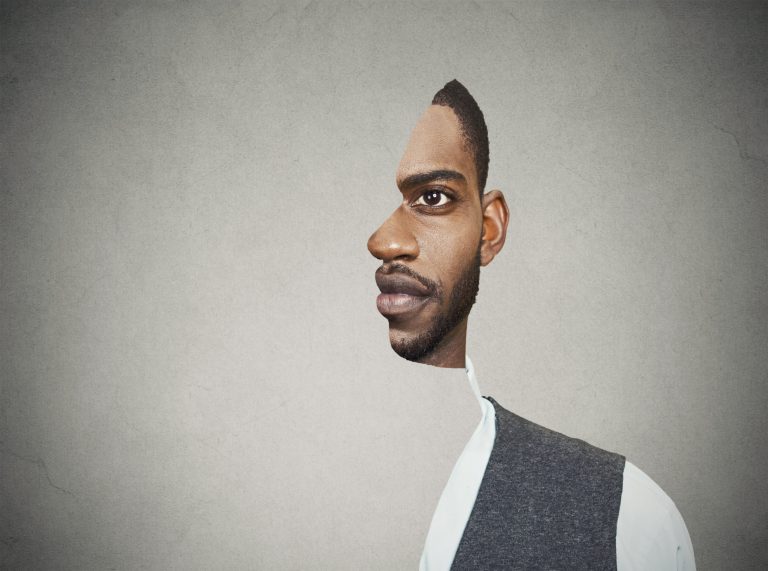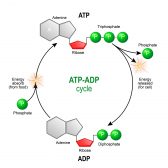Neurology of Illusions

Illusions can be caused by mental disorders or misreading of the sensory data obtained from the external environment.
Table of Contents
As mentioned in the previous tutorial, Human Perception, illusions can be caused by mental disorders or misreading of the sensory data obtained from the external environment. For now, we will look at the latter.
Visual Illusions
- Ambiguities. These types of illusions are perceptual changes, leaving the brain to second guess the actual position of the elusive object.
- Distortions. Caused by sensory misreadings in regards to spatial awareness, where the illusion can be distorted from its actual location and outline.
- Paradoxes. Illusions that appear to be logically impossible, and therefore makes the brain unsure if it is real or really an illusion.
- Fictions. This is caused by the brain ‘assuming’ the presence of hard surfaces when they are maybe not there, therefore, creating the potential of an illusion if the brain’s assumption about the external object is incorrect.
Auditory Illusions
One of the most famous of these is the Doppler Effect, where a noise situated close to you has a higher pitch of sound to that of a sound further away. This is the case if you should and get an echo, your voice will always sound deeper in the echo when it is not. This is effectively an illusion.
The Study of Illusions
As mentioned previously, the study of illusions in sufferers of a mental disorder provides a key to a deeper understanding of what is going on in their minds. This is also the case of a healthy brain, where the study of illusions can work out the parameters at which it compensates for its own lack of ability.
It is worth noting that the trial and error the sensory organs function have, they are as just as foolproof as any other conscious human thought. The chances of your brain not being able to guess the spatial distance of a fuzzy moving object are the same lack in the ability that people have in typing an error-free document
In this sense, illusions are studying the perceptions and sensory data obtained from situations where human error prevents us from seeing the real deal.
Another interesting fact is that the retina is read by the brain every 0.1 seconds, meaning that you are not actually seeing anything in the present, but something that just happened a fraction of a second ago.
You will also like...

Plant Cells vs. Animal Cells
Plant cells have plastids essential in photosynthesis. They also have an additional layer called cell wall on their cell..

ATP & ADP – Biological Energy
ATP is the energy source that is typically used by an organism in its daily activities. The name is based on its structu..

Neural Control Mechanisms
Neurons generate electric signals that they pass along to the other neurons or target tissues. In this tutorial, you wil..

Selective Breeding
Gregor Mendel's studies into Monohybrid and Dihybrid crossing and Charles Darwin's study of evolution and natural select..

Respiration
The human respiratory system is an efficient system of inspiring and expiring respiratory gases. This tutorial provides ..

Non-Mendelian Inheritance
In this tutorial, find out more about certain types of inheritance that does not follow the Mendelian inheritance patter..
